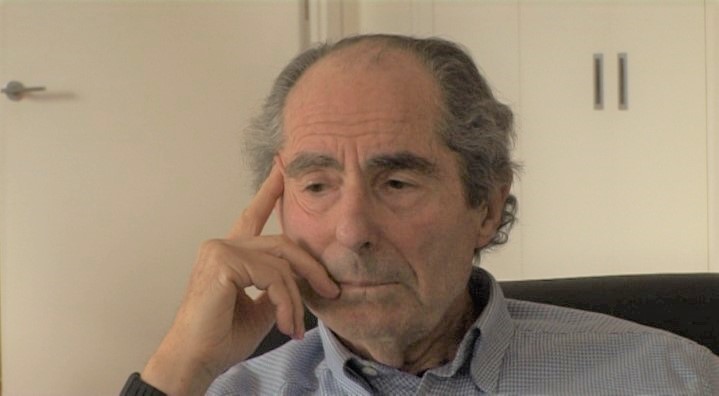NEXT STORY

Portnoy's Complaint: were you ashamed of it?
RELATED STORIES

NEXT STORY

Portnoy's Complaint: were you ashamed of it?
RELATED STORIES


|
Views | Duration | |
|---|---|---|---|
| 71. Is the voice the same as a character? | 434 | 00:18 | |
| 72. Portnoy's Complaint: using psychoanalysis | 551 | 03:09 | |
| 73. Freedom: unleashing the gush | 352 | 00:59 | |
| 74. Portnoy’s Complaint: freedom to move | 296 | 01:15 | |
| 75. My clown | 315 | 03:21 | |
| 76. Dinner with friends was improvisational theatre | 297 | 01:52 | |
| 77. Portnoy’s Complaint: making my mother cry | 451 | 03:41 | |
| 78. Portnoy’s Complaint: sending my parents on a... | 390 | 01:25 | |
| 79. Portnoy’s Complaint: my mother’s question | 455 | 00:33 | |
| 80. The Portnoy scandal | 395 | 03:49 |


What caused the scandal? Well it was an extremely intimate sexual portrait of a man's life. And I suppose people weren't accustomed to that. The raucousness with which it was told didn't help any, it seemed highly irresponsible, I suppose. In those years Jewish nerves were raw. Even in 1969, 25 years after the war. Jewish nerves were raw and they… by they, I mean some Jews. They couldn't bear the fact that a Jew was being represented in all his nakedness, in all his nakedness, with no regards to decency and dignity. So this was hard for them to take.
I read… I was teaching back in the '90s. A friend of mine was teaching a course in my books and I went to visit his class and he was teaching Portnoy's Complaint, so I had to reread it, because I couldn't remember it well enough to speak about it. And I found it scandalous. I found it scandalous, raw, disgusting, and I was glad when I read it that I somehow had the gall, back in the 1960s, to do it. I could never do it now. And I couldn't have done it before. I was helped… I got an awfully… one awfully wonderful push from behind by the times. By which I mean the 1960s. I was helped immeasurably by Janice Joplin and Jimmy Hendrix. I was helped immeasurably by an improvisational group that was called The Thugs, here in New York, and the shows those guys put on. I was helped by Barbara Garson's play Macbird. I was helped by Claude… I think his name is Jean-Claude van Itallie's play America Hurrah. These were all outland… it was all outlandish art. Good art, bad art, crap, it didn't matter. Everybody was pushing, everybody was pushing against something. And so I pushed with what I had to push up against. But that doesn't mean it went down very well with people who were concerned about the image of the Jews and the persecution of the Jews. That's the best face I can put on it, you know. I... I understand it.
The fame of the American writer Philip Roth (1933-2018) rested on the frank explorations of Jewish-American life he portrayed in his novels. There is a strong autobiographical element in much of what he wrote, alongside social commentary and political satire. Despite often polarising critics with his frequently explicit accounts of his male protagonists' sexual doings, Roth received a great many prestigious literary awards which include a Pulitzer Prize for fiction in 1997, and the 4th Man Booker International Prize in 2011.
Title: The Portnoy scandal
Listeners: Christopher Sykes
Christopher Sykes is an independent documentary producer who has made a number of films about science and scientists for BBC TV, Channel Four, and PBS.
Tags: Portnoy's Complaint, Macbird, Janice Joplin, Jimmy Hendrix, Barbara Garson, Jean-Claude van Itallie
Duration: 3 minutes, 49 seconds
Date story recorded: March 2011
Date story went live: 18 March 2013